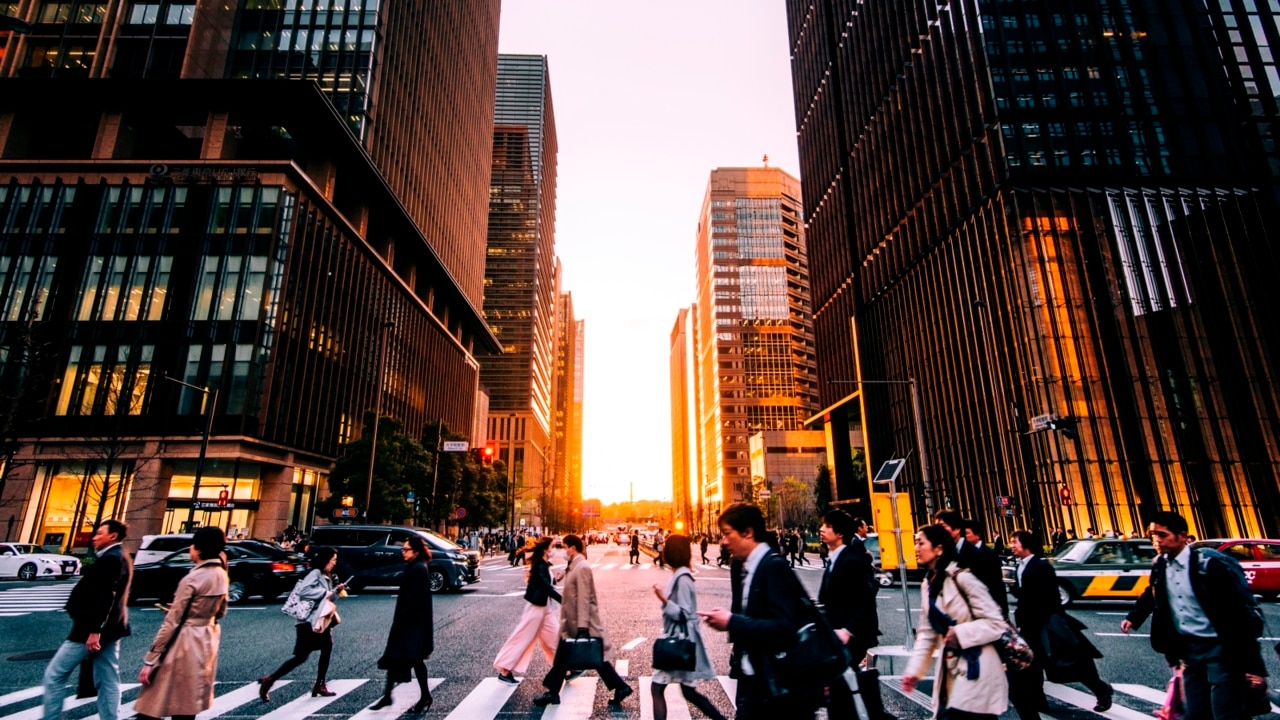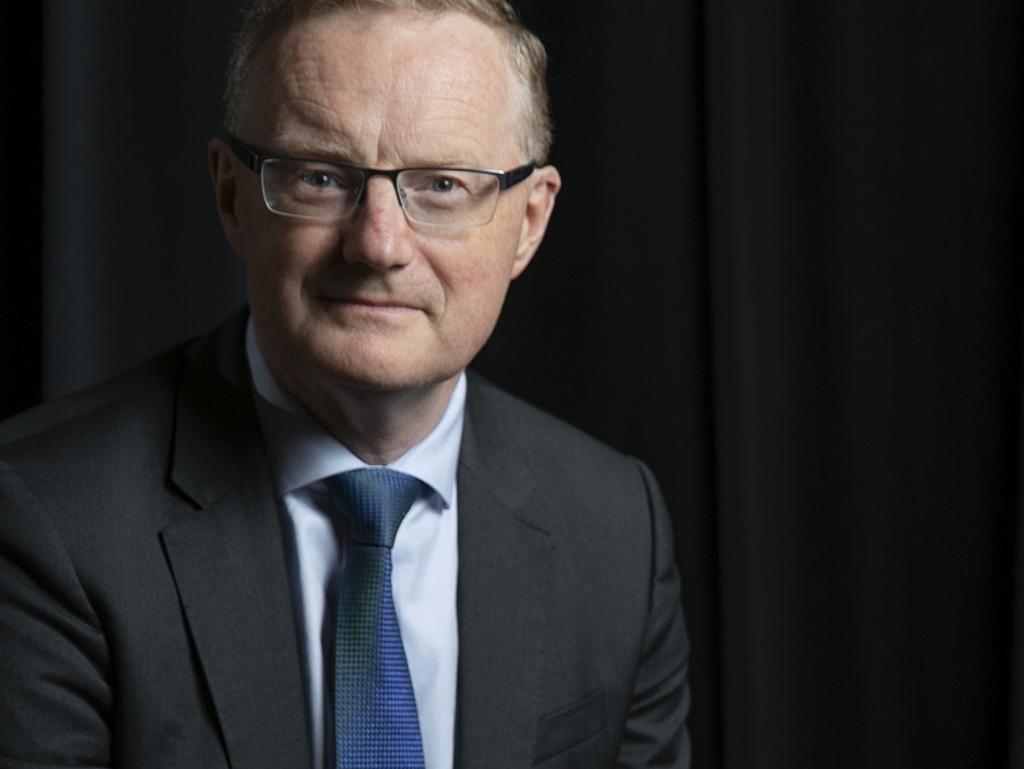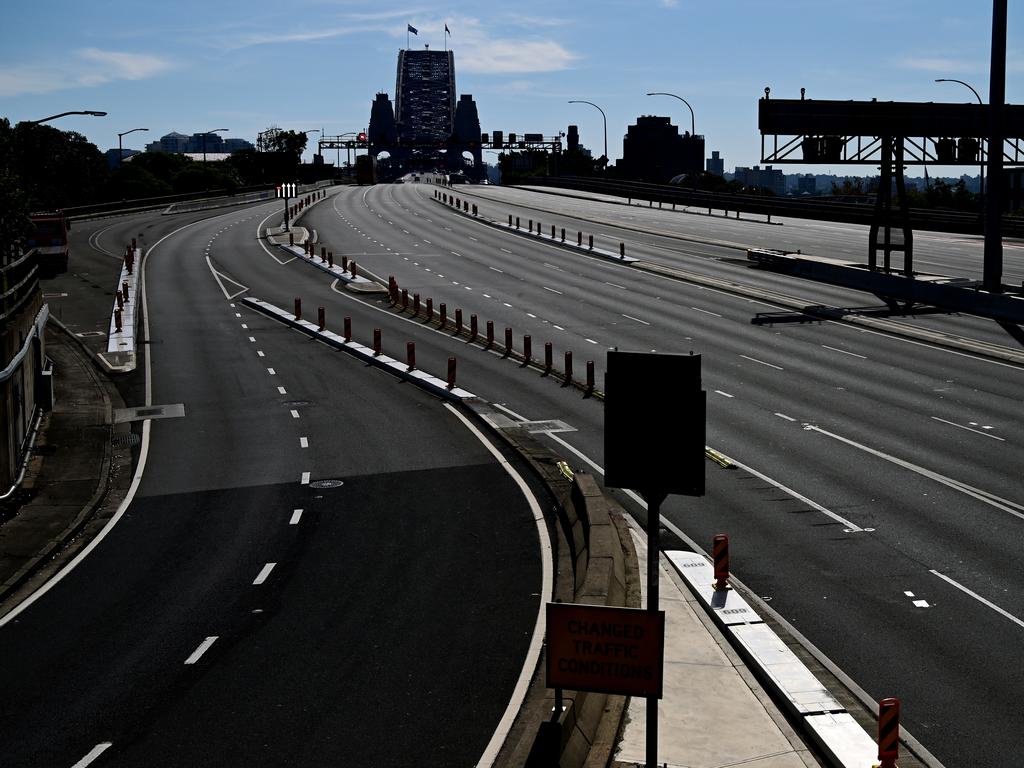
The Australian population is in deep shock.
Reserve Bank governor Philip Lowe says we are facing the biggest fall since the depression. While that’s true, as I pointed out on Friday, the speed of this decline has no parallel since Federation.
Lowe believes that if restrictions are eased we could expect the economy to begin its bounce-back in the September quarter and for that bounce-back to strengthen from there.
“If this is how things play out, the economy could be expected to grow very strongly next year, with GDP growth of perhaps 6–7 per cent, after a fall of around 6 per cent this year”, Lowe says.
I hope you are right Philip, but I fear you are wrong. Falls of this magnitude don’t snap back and take a long time to recover.
I can still vividly recall in 1961 – the year you were born – being mentored by the first editor of The Australian Financial Review, Jack Horsfall, who drummed into me the message that when the flower of confidence is crushed, it takes a long time to bloom again.
I hope you are right Philip, but I fear you are wrong.
It was well and truly crushed in 1961, as it has been in 2020. But 2020 is different to 1961 or later recessions. We are being hit on three fronts: health, finance and the economy. Australia, unlike many other nations has health under control, and we don’t have a finance crisis, partly thanks to Philip Lowe, although the problems in Europe may change that. What we do have is a severe economic crisis with major long term implications for our society.
Australians were simply not prepared for what is now happening to them and even less prepared what may happen in 2021. Let’s first look at some of the blows we’re suffering now. It is possible that official ABS unemployment will peak at 10 per cent, as the Reserve Bank predicts, but ABS measurements have been discredited. According to Roy Morgan Research unemployment in March was already 12.2 per cent and underemployment a further 9.4 per cent, which accords with what we are seeing around us.
Meriton’s Harry Triguboff say apartment rents have fallen 10 per cent because people simply can’t pay. Universities are set to suffer significant enrolment and staff reductions as overseas students decline. Overseas tourism has stopped, and labour-intensive bars and restaurants are closed. Many will never open under present owners.
People with negatively geared property are being minced because tenants will not or cannot pay rent and are being protected by new landlord and tenant rules. Those that took out mortgages based in two incomes often now have only one and fear for the second. Soon they will see the values of their dwellings fall. Victorian Treasurer Tim Pallas says Victoria’s fall be will 10 per cent by December, so that becomes a national benchmark. In many areas it will be more severe.
My electrician and plumbing mates were flat out in February. Now it is tough. And so, it goes on. Those that still have good incomes see their friends and relatives in trouble. JobKeeper will certainly help but it ends in September and many employers will not have the income to keep paying their people. I have pleaded with the Treasurer Josh Frydenberg to extend JobKeeper at least another three months albeit at a lower rate. If it ends in September unemployment will jump in October.
Long-term drivers
Now step back from those local immediate events to try and determine the longer term message. First, China has been through it and the early figures indicate that consumers are very nervous. There is no quick snapback of the kind the Reserve Bank is predicting for Australia happening in China. And longer-term, China is going to put its emphasis on consumers, which will curb demand for commodities. And our relations with China are at a new low. At the moment, demand for iron ore is good. But unlike the Global Financial Crisis, China will not help us out this time. They may even curb their students coming here. Indeed, the globalism which greatly benefited Australia as a nation is in long-term decline.
Step back and we see the economic outcome of the COVID-19 pandemic is a sharp and sudden demand slump covering things as diverse as sporting events, airlines, accommodation and restaurants. That demand translates into not just the price of oil but of goods and services.
To put it another way, we now have a glut of goods and services, and we are headed for falling prices. In Australia we assume inflation is part of the game. It’s likely to fall to token levels and may even be a negative in some months. Our community borrowed to the hilt to buy houses. In an era if no inflation and sometimes deflation, that becomes a huge burden. And now there are predictions that in the short term Australia’s population will fall and not rise as was assumed.
Whether Philip Lowe is right about a snapback, or I am right by saying it will take longer, we can all agree on the Reserve Bank’s overriding doctrine as set out by Lowe:
“There is quite a lot of uncertainty around the numbers, with the exact profile of the recovery depending not only upon when the restrictions are lifted but also on the resolution of the uncertainty that people feel about the future.”
And quick discovery if a COVID-19 vaccine or cure would change the landscape.







The latest falls in global and Australian sharemarkets show we are starting to understand the deeper implications of the big fall in oil prices. The oil price slump is merely a symptom of a glut of just about every non-food item you can think of, apart medical equipment, as well as rapidly falling inflation.